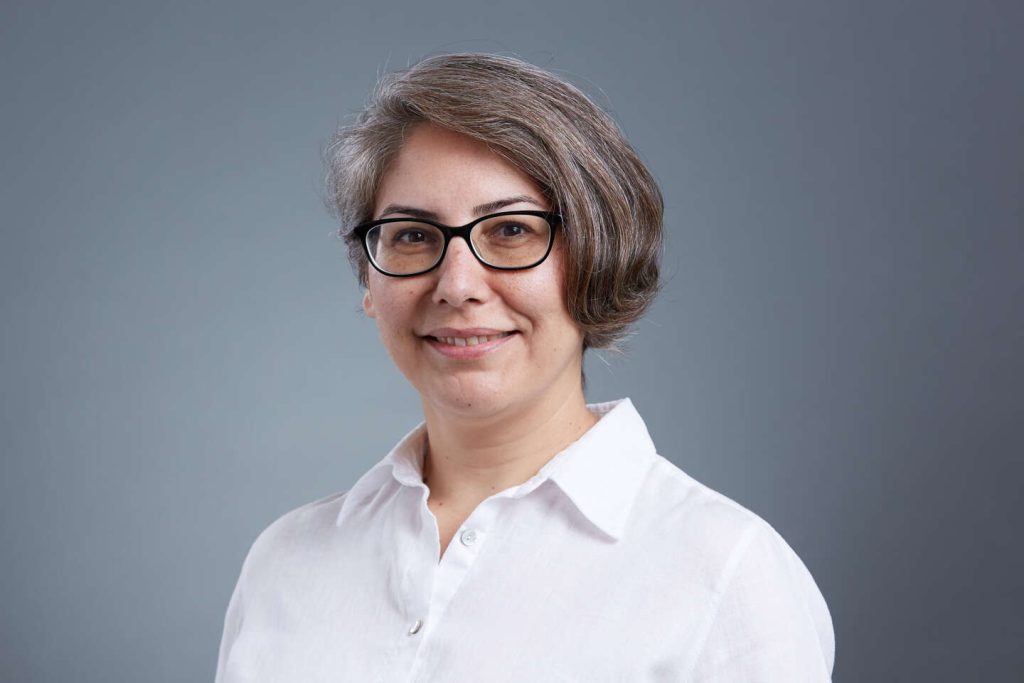Sebnem Gumuscu, a professor of political science at Middlebury College in the United States, is a specialist in political Islam and the author of several books, including a new edition of “Democracy or Authoritarianism. Islamist Governments in Turkey, Egypt and Tunisia”, which will be published in March 2023 by Cambridge University Press. In a recent article published in the journal “Turkish Studies”, she discusses the concept of creeping Islamism in Turkey. She notes that the process of Islamization in Turkey has become increasingly evident, stealthy, and gradual over the past decade.
The Islamization of Turkey was not initially on the agenda of the AKP (Justice and Development Party) led by President Recep Tayyip Erdogan when they first won general elections in 2002. However, in recent years, authorities have made no effort to hide their Islamic orientation. Despite this gradual process, legally speaking, there is no definitive proof that Turkey has become an Islamic country. Constitutionally, Turkey remains a secular republic, and the way Erdogan and his party govern uphold this notion of secularism. Erdogan has asserted that his government has never intruded into people’s private lives, which is technically true. However, this facade of secularism has become increasingly hollow over time.
In the 1990s, concerns arose about Turkish Islamist movements, with comparisons being drawn to the Iranian Revolution of 1979 and its swift transition to an Islamic republic. Many believed that the AKP coming to power would lead to explicit Islamization of the country, but this did not come to pass. However, Erdogan’s governing style has gradually steered Turkey towards a more Islamic society by leveraging state authority and resources. He has consolidated power and authority, flouting secular principles despite claiming to uphold them. This shift has seen a prioritization of practicing Muslims in all aspects of political and social life, marginalizing secular citizens.
Sebnem Gumuscu believes that 2011 marks a significant turning point in Turkey’s Islamization process. In that year, Erdogan began his third term as Prime Minister, amid the neutralization of the old Kemalist establishment. The military had been sidelined since 2009, followed by the judiciary in 2010. These institutional changes paved the way for Erdogan to consolidate power and advance his agenda of Islamization within Turkey. This period saw a deepening of Erdogan’s authoritarian tendencies and his push for a more Islamic society.
Despite Turkey’s constitutional secularism, Erdogan’s actions have significantly eroded the principles of secular governance within the country. The incremental Islamization of Turkey has raised concerns about the erosion of civil liberties, the marginalization of secular citizens, and the consolidation of power in the hands of the Islamist ruling elite. Sebnem Gumuscu’s insights shed light on the complex interplay between religion, politics, and governance in Turkey, offering valuable perspectives on the challenges facing the country as it navigates its path between secularism and Islamization.


